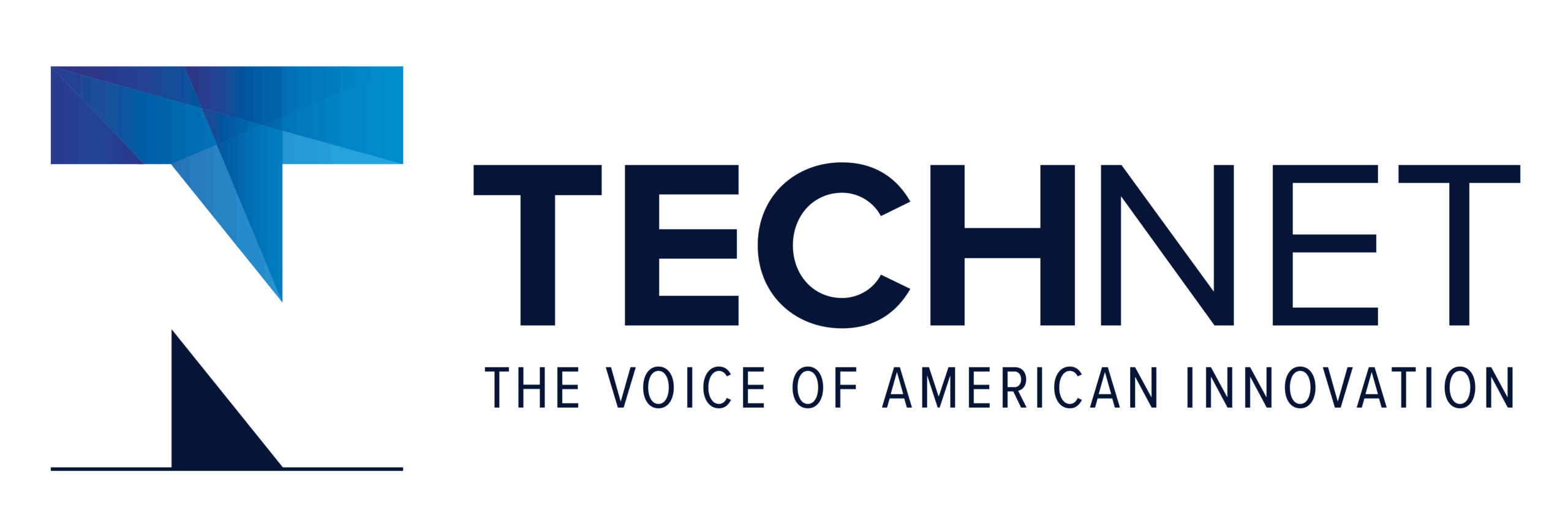Letter Urges Preservation of Key Provisions, Modernization of Digital and AI Rules, and Maintenance of North American Trade Stability
Washington, D.C. – TechNet, the national, bipartisan network of tech CEOs and senior executives that promotes American innovation, submitted comments from TechNet President and CEO Linda Moore in response to the Office of the United States Trade Representative’s (USTR) request for public input ahead of the upcoming USMCA joint review on July 1, 2026.
“The USMCA was one of the signature accomplishments of President Trump’s first term and remains a cornerstone of North American economic cooperation,” said Moore. “Sweeping changes to the agreement would undermine innovation, burden U.S. companies, and disrupt the stability our economy has enjoyed since its adoption. TechNet strongly supports maintaining the USMCA’s core provisions while updating it to reflect the realities of today’s digital and technology-driven economy.”
“North America’s success depends on an integrated, innovation-driven economy,” Moore added. “By preserving the USMCA’s core strengths and updating it for the digital age, we can secure the region’s global leadership in technology, manufacturing, and trade for decades to come.”
TechNet’s letter outlines a balanced approach to the upcoming review – preserving what works while modernizing targeted provisions to strengthen competitiveness, enhance supply chain resilience, and advance North American leadership in emerging technologies like artificial intelligence and cybersecurity.
The comment emphasizes that maintaining clear, predictable, and innovation-friendly trade rules is essential to supporting U.S. jobs, investment, and global competitiveness, particularly as international competition intensifies.
Read TechNet’s full comment here.
TechNet’s recommendations include:
- Preserving key provisions of the existing USMCA, including rules of origin, digital trade commitments, and tariff exemptions that provide certainty for cross-border supply chains and digital services.
- Maintaining Chapter 19’s digital trade protections, including Section 230-style safeguards that promote open digital markets and protect platforms from liability for user-generated content.
- Modernizing the agreement by adding new Artificial Intelligence and Cybersecurity annexes that harmonize regulatory approaches, promote innovation, and ensure interoperability across the region.
- Codifying supply chain updates for data centers and digital infrastructure, ensuring North America remains competitive in advanced manufacturing and emerging technologies.
- Restoring the $800 de minimis threshold for goods imported from Canada and Mexico to reduce compliance burdens and support small businesses and consumers.
- Prohibiting discriminatory regulatory thresholds and digital services taxes targeting U.S. companies to ensure a fair and level playing field.
